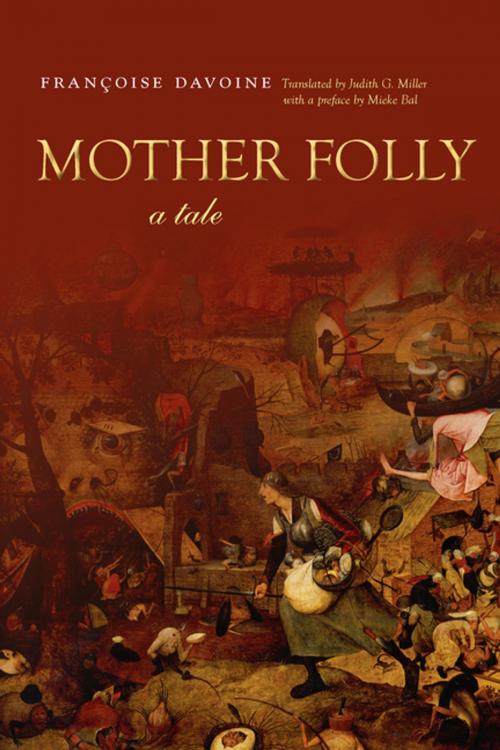| Author: | Françoise Davoine | ISBN: | 9780804792233 |
| Publisher: | Stanford University Press | Publication: | July 16, 2014 |
| Imprint: | Stanford University Press | Language: | English |
| Author: | Françoise Davoine |
| ISBN: | 9780804792233 |
| Publisher: | Stanford University Press |
| Publication: | July 16, 2014 |
| Imprint: | Stanford University Press |
| Language: | English |
If your mentally ill patient dies, are you to blame? For Dr. Françoise Davoine, a Parisian psychoanalyst, this question becomes disturbingly real as one of her patients commits suicide on the eve of All Saints' Day. She herself has a crisis, as she reflects on her thirty-year career and questions whether she should ever return to the hospital. But return she does, and thus commences a strange voyage across several centuries and countries, in which patients, fools, and the actors of medieval farces rise up from the past along with great thinkers who represent the author's own philosophical and literary sources: the humanist Erasmus, mathematician René Thom, writer Antonin Artaud, philosopher Ludwig Wittgenstein, and physicist Edwin Schrödinger, to name a few. Imaginary dialogues ensue as the analyst conjures up an interconnected world, where apiculture, wondrous rituals, theater, and language games illuminate her therapeutic practice as well as her personal history. Deeply affected by her voyage of discovery, the author becomes capable of implementing the teachings of psychotherapist Gaetano Benedetti, a mentor she visits at carnival time on a final fictional stopover in Switzerland. His advice, that the analyst become the equal of her patients and immerse herself in their madness so as to open up a space for treatment, is premised on the belief that individual illness is a reflection and result of severe historical trauma. Mother Folly, which ends on a positive note, is an important intervention in the debate about how to treat the mentally ill, particularly those with psychosis. A practicing analyst and a skilled reader of literary and philosophical texts, Davoine provides a humane antidote to our increasingly mechanized and drug-reliant system of dealing with "fools and madmen."
If your mentally ill patient dies, are you to blame? For Dr. Françoise Davoine, a Parisian psychoanalyst, this question becomes disturbingly real as one of her patients commits suicide on the eve of All Saints' Day. She herself has a crisis, as she reflects on her thirty-year career and questions whether she should ever return to the hospital. But return she does, and thus commences a strange voyage across several centuries and countries, in which patients, fools, and the actors of medieval farces rise up from the past along with great thinkers who represent the author's own philosophical and literary sources: the humanist Erasmus, mathematician René Thom, writer Antonin Artaud, philosopher Ludwig Wittgenstein, and physicist Edwin Schrödinger, to name a few. Imaginary dialogues ensue as the analyst conjures up an interconnected world, where apiculture, wondrous rituals, theater, and language games illuminate her therapeutic practice as well as her personal history. Deeply affected by her voyage of discovery, the author becomes capable of implementing the teachings of psychotherapist Gaetano Benedetti, a mentor she visits at carnival time on a final fictional stopover in Switzerland. His advice, that the analyst become the equal of her patients and immerse herself in their madness so as to open up a space for treatment, is premised on the belief that individual illness is a reflection and result of severe historical trauma. Mother Folly, which ends on a positive note, is an important intervention in the debate about how to treat the mentally ill, particularly those with psychosis. A practicing analyst and a skilled reader of literary and philosophical texts, Davoine provides a humane antidote to our increasingly mechanized and drug-reliant system of dealing with "fools and madmen."















